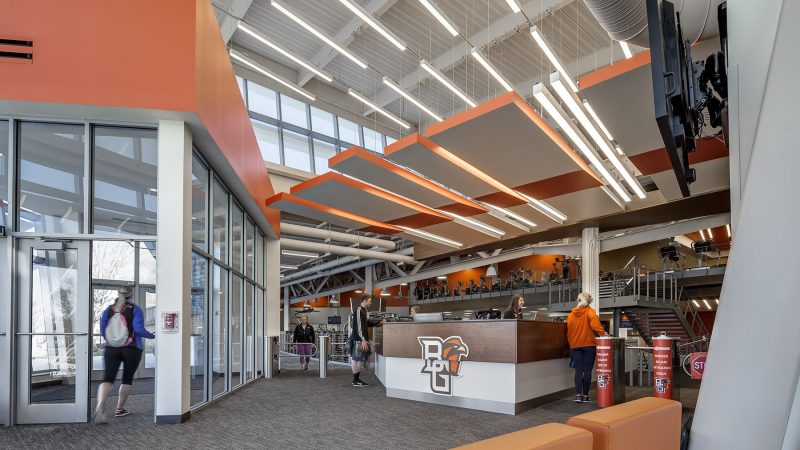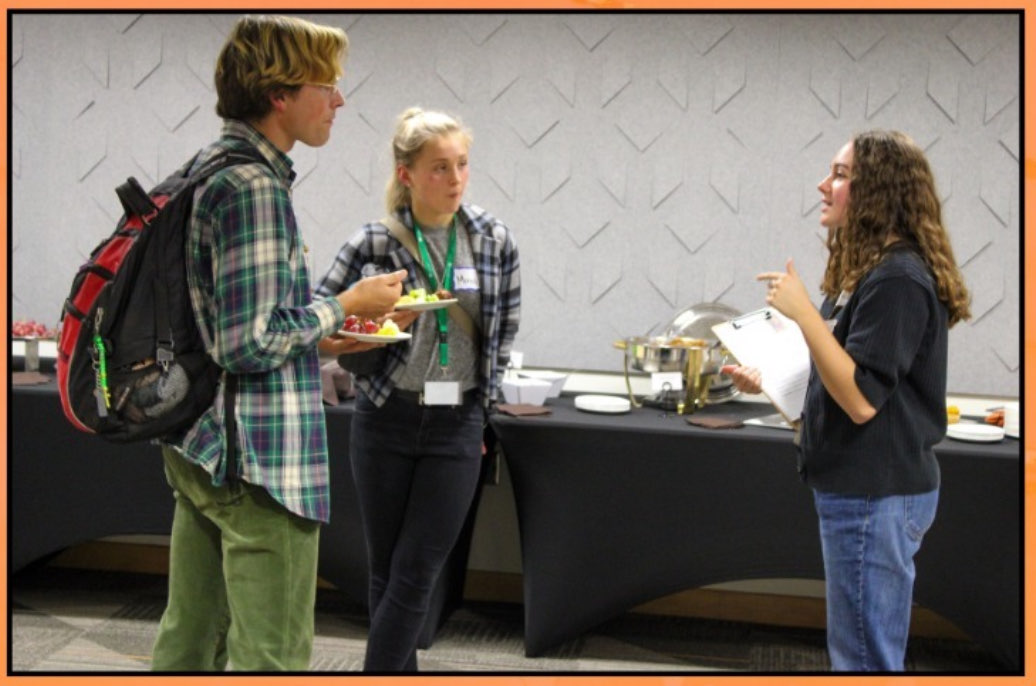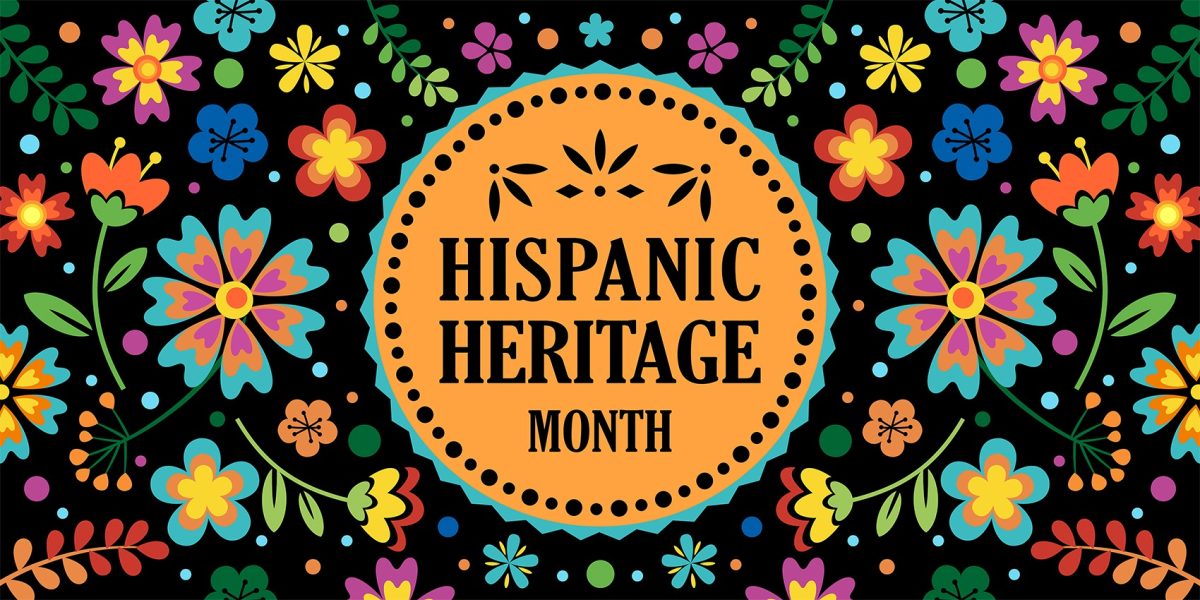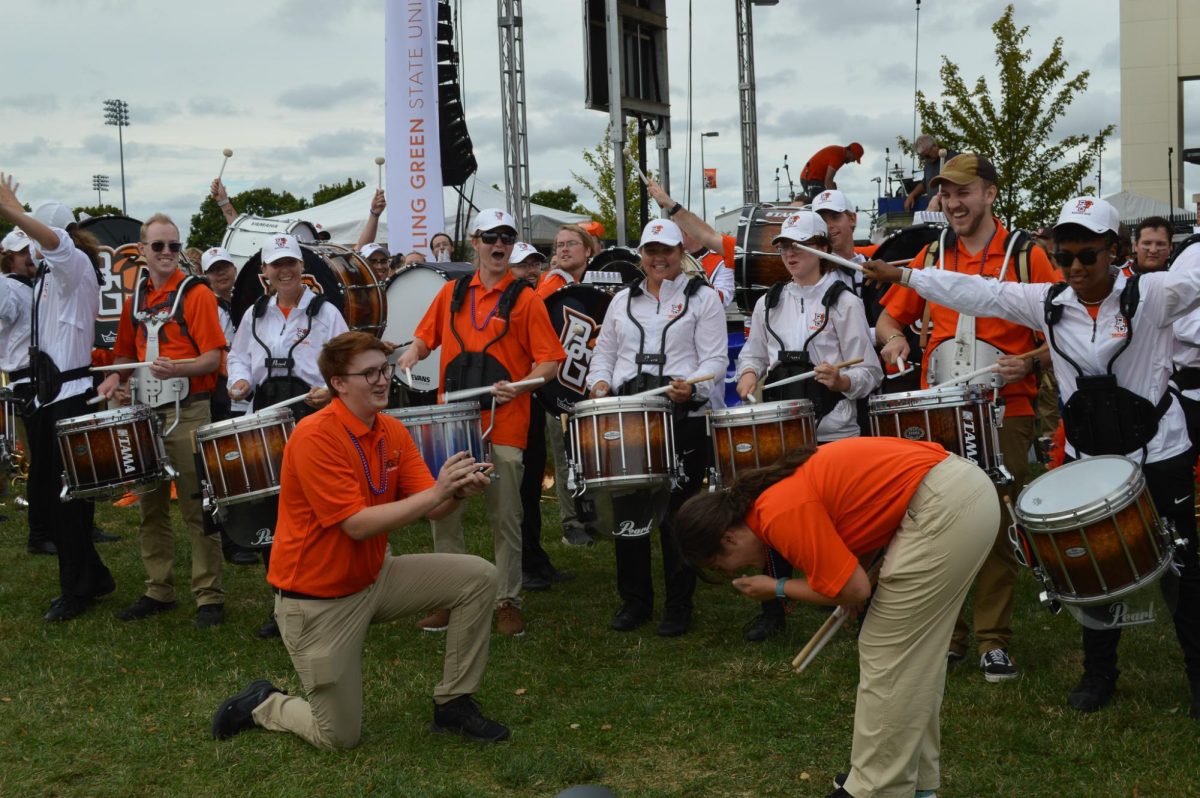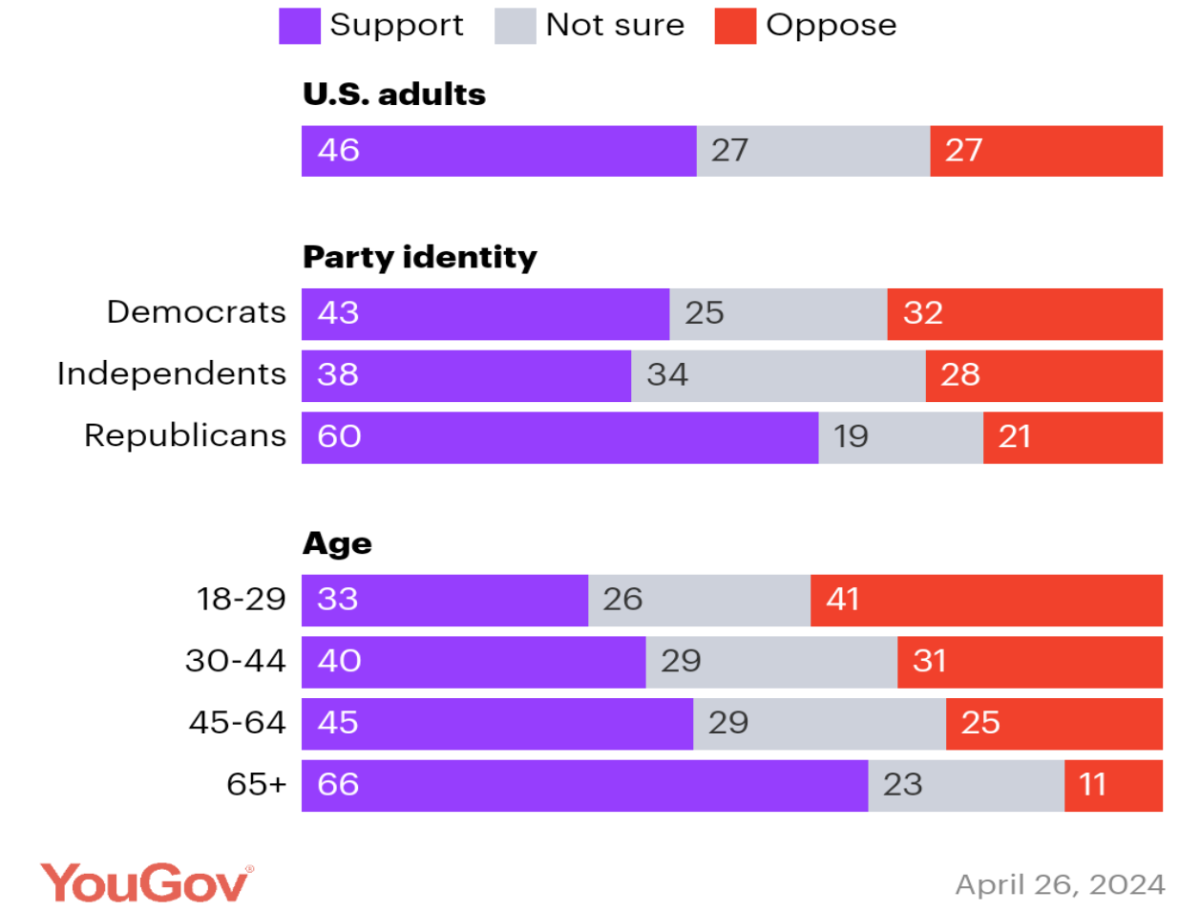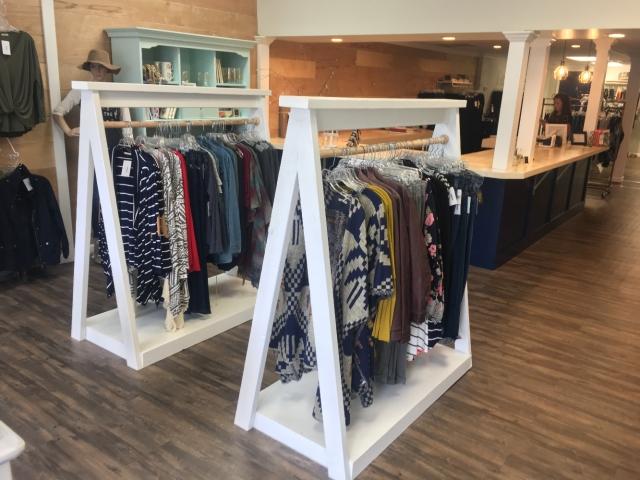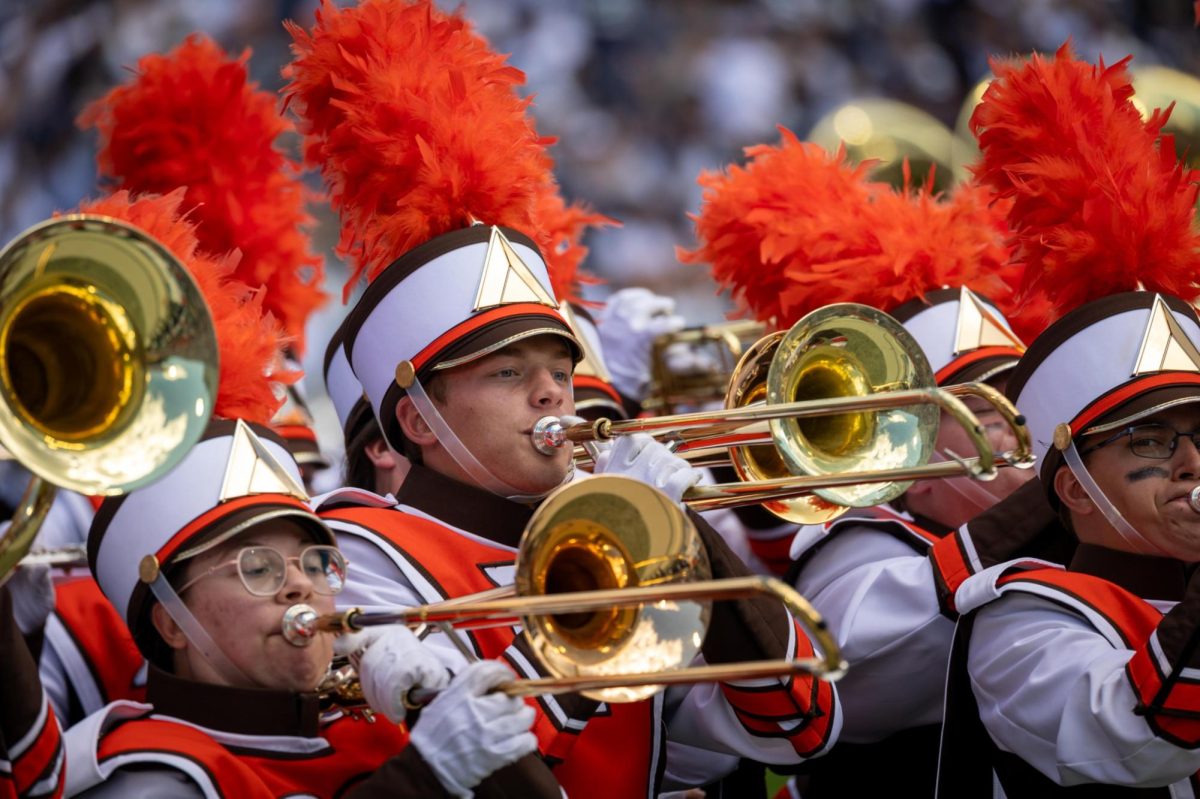New freshmen coming on campus are always asked, “what’s your major?” Up to 30% of them will change at least one time before they graduate and 10% will change more than once, according to the U.S. Department of Education. Major decisions are something all college students face at least once in their college career.
“Many students think that choosing a major is going to predict the rest of their lives — like the career for the rest of their lives — choosing a major does not predict your end salary, it doesn’t even predict the next five years after you leave the university,” Cynthia Snodgrass, associate director of the BGSU Career Center, said.
Snodgrass herself changed her major more than once in her undergrad experience. She picked psychology but said that in reality she was undecided and chose it because she felt she needed to choose something.
“I think most students are undecided, you just pick something and that’s why you change it — because you were undecided,” she laughed.
Snodgrass didn’t take a traditional path to higher education, but that didn’t keep her from changing her major. Deciding to change isn’t exclusive to younger students but it does appear to be major-specific.
According to the U. S. Department of Education, math, natural science and education majors are the most likely of all majors to change within the first three years of college. The least likely are health care, computer science and business. Snodgrass sees these trends in the students she deals with.
“I see major uncertainty as being something that’s very common. It’s important to let them know that it’s OK. To be uncertain is OK, it’s healthy to sit with the uncertainty. It’s healthy, actually. To avoid it is not good, because you can come into a lot of conflict, personal conflict. It can impact motivation, self-esteem. The best thing to do is to find individuals to talk it through,” she said.
For Mickayla Thompson, senior human development and family studies major, she found those people in her classmates.
“I had other people in my classes who were talking about switching and I went on the BGSU website and researched the program,” Thompson said.
She and Joe Hattery, a senior biology major, both were former education majors and discussed how stressful the major had been for them.
“I knew I couldn’t stay in education. It was killing me,” Hattery said.
“It was to the point I was thinking about dropping out. Once I found the other major it was easy to switch but it was the whole process beforehand that made it so stressful because you feel like you’re failing and you’re doing the wrong thing,” Thompson added.
The pair had almost identical experiences even though they came from different education programs. Hattery was a secondary education major with a science focus and Thompson was headed for inclusive early childhood. Hattery explained it was difficult to decide to change.
“For me it was — I know I can’t stay, but what if the next thing I do is also not going to work out,” He said. “I realized the classes I enjoyed were the biology. I loved genetics. I ended up talking to some old professors of mine about it. My professors were wonderful.“
Both students felt there could be more help from advising though. Snodgrass addressed this deficiency. She said it isn’t from a lack of trying on the university’s part but more from information overload.
“I would like to think we are getting the word out, but I know we are always finding new ways to reach students. I also think that students are bombarded with information — not just from the university but also from life — it’s an information age,” she added.
Snodgrass went on to explain a big part of what she does is helping students see the bigger picture. Not just arranging their experiences and coursework into a resume for a future job, but to putting their interests and experiences, their networking and internships into their maturing vision of the future.
“I try to help a student see the opportunities where they are before the knee jerk reaction of, I need to change my major. Really? Do you really need to change your major? You can do some other things in a different aspect of that industry. There’s no one way to do it,” she said.
This idea feeds into a study by the Education Advisory Board, a research and consulting firm based in Washington D.C. They challenged the idea that students who stick with an original major were more likely to graduate and to graduate sooner. Their study showed students with open minds not only had a higher graduation rate, they graduated with similar completion rates as those who didn’t change their majors.
Hattery and Thompson are examples of this. Hattery will be graduating on schedule, and Thompson will graduate one semester later due to needing an internship.
Snodgrass was passionate about it being about more than the name of the major or the title of the degree on your diploma. She went on to explain it’s more about your internships, experiences and interests and accumulation of transferable skills that affect where you go after you graduate.
“Somewhere along the way, I don’t think we’re primed to think in that way. We think that degree equals dollars or degree equals job. That’s simply not the case,” she said.




